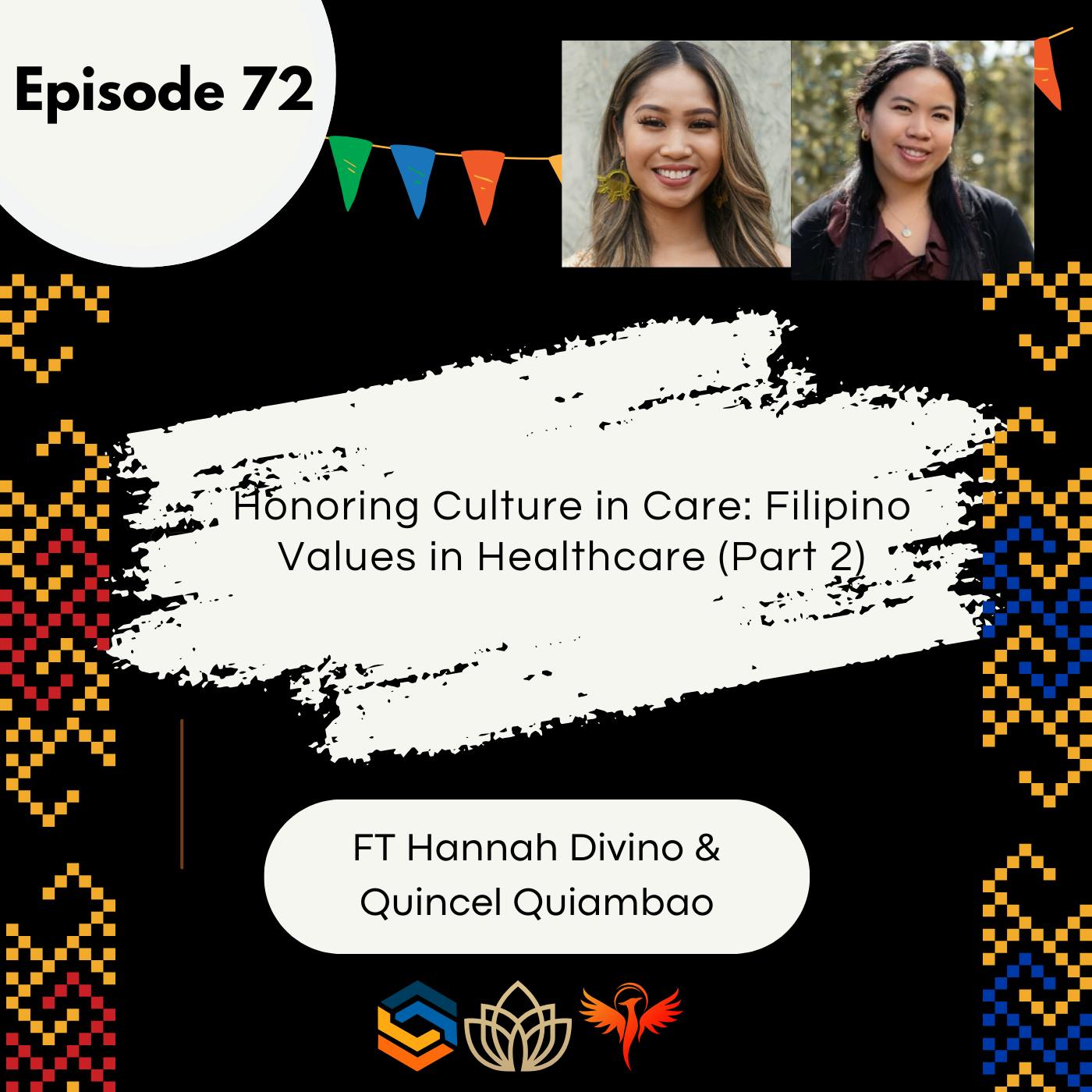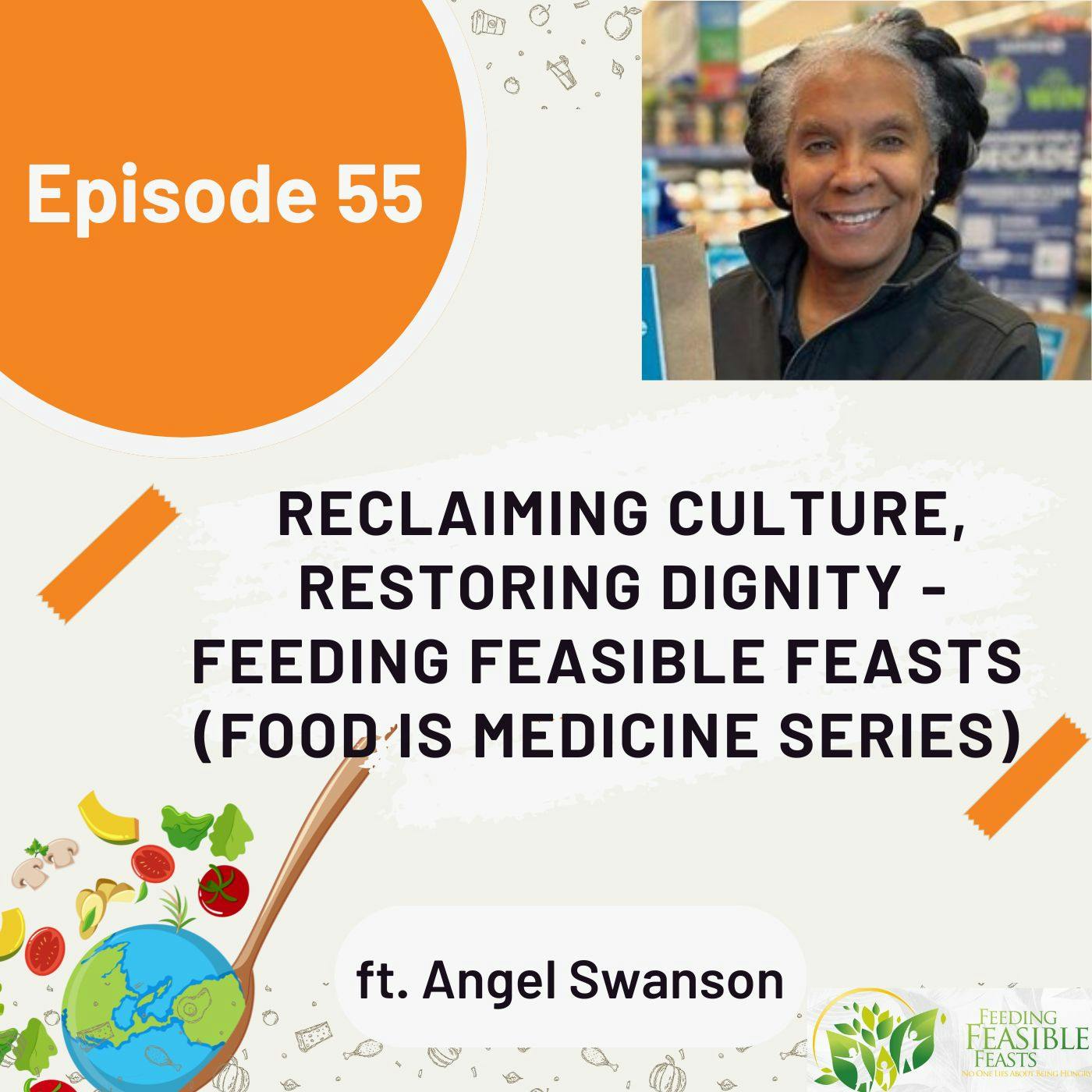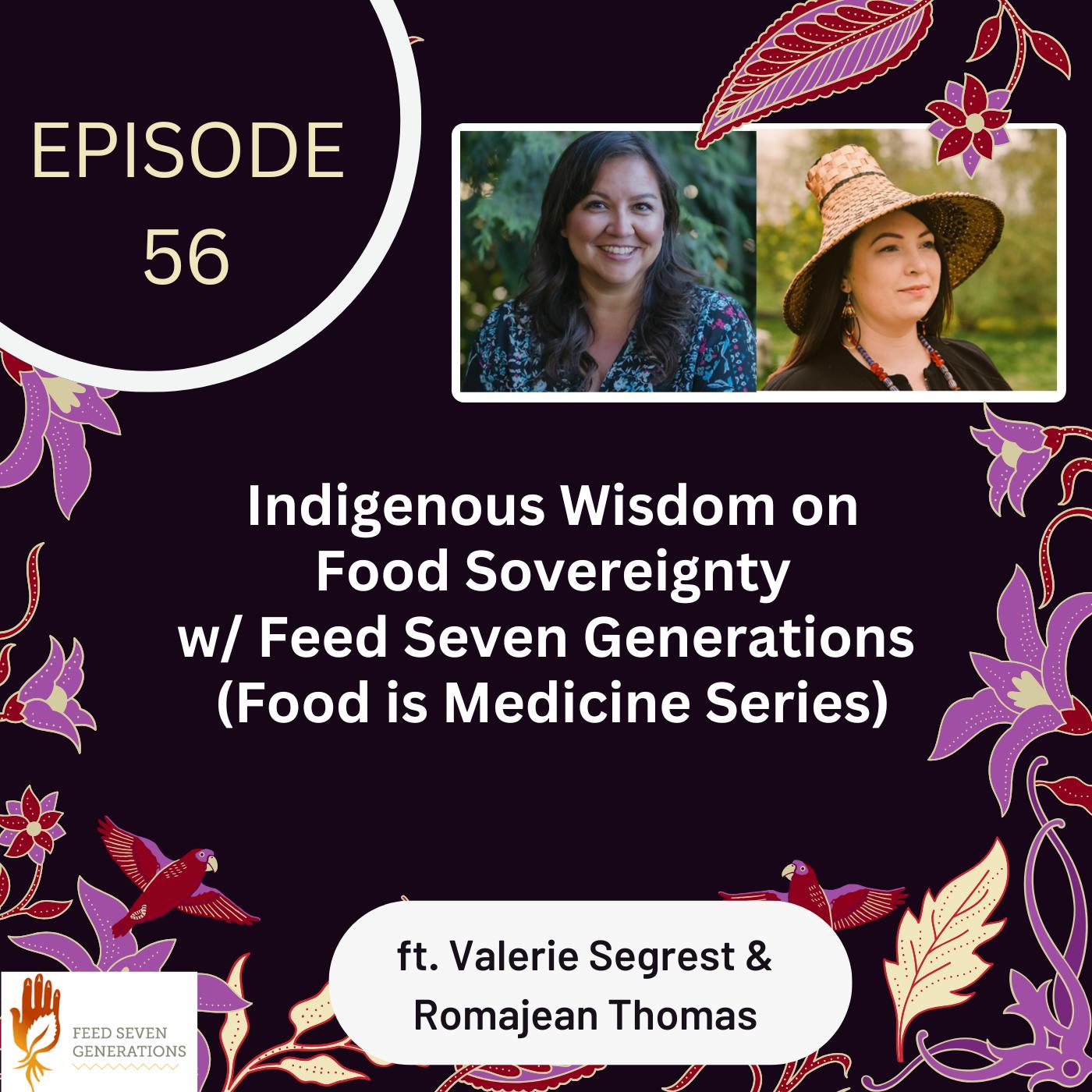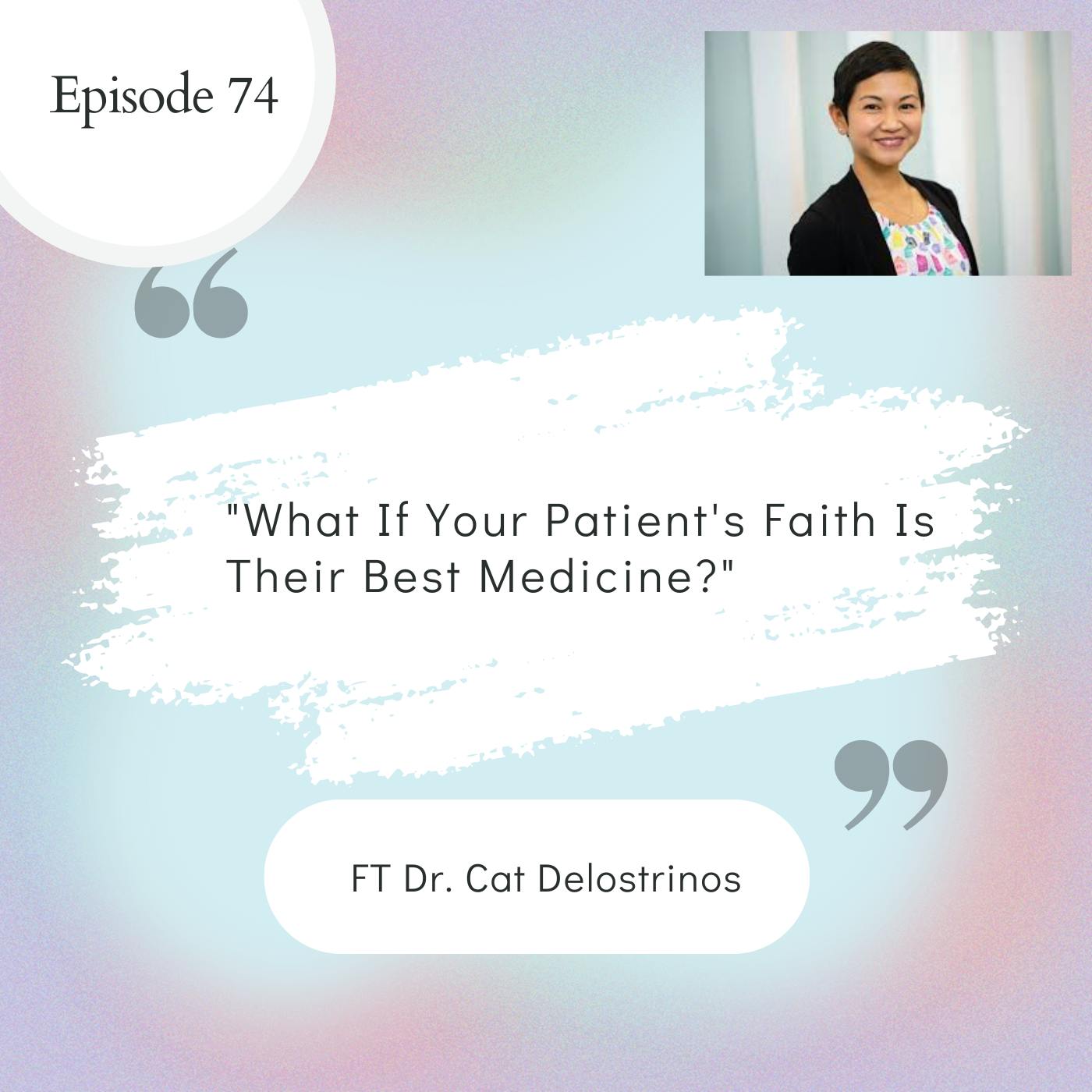72 I Honoring Culture in Care: Filipino Values in Healthcare (Part 2)


Overview:
We explore the complexities of trust, cultural values, and intergenerational dynamics within the Filipino community, especially in accessing mental health and healthcare services. We discuss how deep-rooted traditions like family obligation, community support, and the stigma surrounding mental health influence care-seeking behaviors across generations. Through community-driven initiatives like Little Manila Rising, we highlight how culturally rooted, trauma-informed approaches—such as engaging churches, honoring ancestral spaces, and providing culturally competent care—foster healing, advocacy, and stronger relationships between healthcare providers and the community.
Three Takeaways:
Leveraging Churches and Food as Cultural Connectors
Both Hannah and Raj highlight practical strategies for bridging generational divides: churches are vital hubs for reaching elders (who may trust faith leaders more than therapists), while food acts as a unifier across age groups, providing a non-threatening entry point for community dialogue and engagement.
Healing Hinges on Intergenerational Dialogue and Community-Led Spaces
Spaces intentionally created for both young and old to share—such as wellness panels and focus groups—are potent for mutual understanding. There’s a recurring theme that healing happens when the community is not just “served” but is leading and hosting the work, drawing on ancestral memory and lived experience
Culturally Responsive Healthcare Goes Beyond ‘Cultural Competency’
Tessa and Hannah stress that healthcare providers must go beyond textbook cultural competency. This includes offering trauma-informed care, involving families in treatment, actively engaging with community organizations (like Little Manila Rising), and educating themselves rather than outsourcing the labor of education to the community. Providers who do this, even if not sharing ethnic identity with patients, can vastly improve trust and outcomes.
Resources:
Next Step:
- Visit our website, Healthcare for Humans, and join our community to enjoy exclusive benefits at https://www.healthcareforhumans.org/support/
- Support Our Mission: Non-clinicians, explore exclusive content and contribute to our collective journey.
- Be an Active Participant: Go beyond listening. Shape our narrative by co-creating episodes with us.
- Be part of our community by visiting https://www.healthcareforhumans.org/support/. Follow us on Instagram @healthcareforhumanspodcast
















![[Trailer] Healthcare for Humans—What to Expect [Trailer] Healthcare for Humans—What to Expect](https://megaphone.imgix.net/podcasts/1748088c-745b-11ef-b672-27a51a3b1b29/image/71de6bc878efe1b9d2b4111e38192435.png?ixlib=rails-4.3.1&max-w=3000&max-h=3000&fit=crop&auto=format,compress)